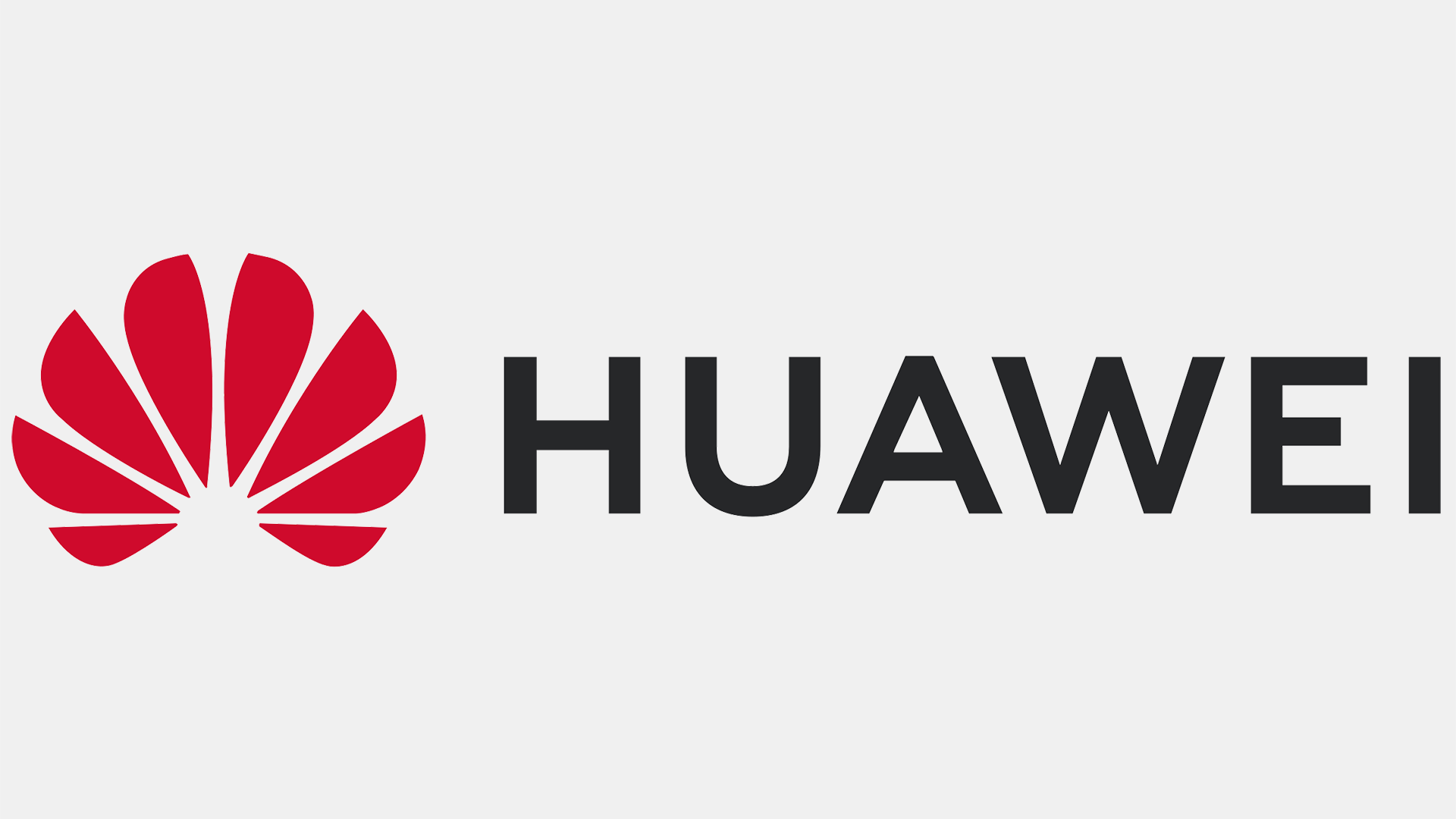TSMC reportedly uncovers Huawei's plot to circumvent US export controls — Chinese tech giant may be using a proxy to produce chips at TSMC
A customer submitted an order for a chip that resembles the Huawei Ascend 910B.

Reuters reports that TSMC has notified the U.S. government of a potential violation of export controls involving Huawei. The China-based multinational has attempted to use a proxy to produce its Ascend 910B chips at TSMC. However, the world's largest foundry uncovered the plot and denied its services, reports the Financial Times. TSMC raised the alert itself and stated they are not the focus of any investigation now.
TSMC reported to the U.S. Department of Commerce after a customer ordered a chip resembling Huawei's HiSilicon Ascend 910B for large language model training. The chipmaker produced the precursor to the Ascend 910B before the U.S. imposed sanctions in 2020. Huawei reportedly attempted to deceive TSMC and make its HiSilicon Ascend 910 successor at TSMC using a leading-edge process technology instead of SMIC's trailing 2nd Generation 7nm-class process technology.
After the U.S. government imposed strict export rules against Huawei and its subsidiaries, TSMC, and other suppliers lost the ability to sell their products and services to Huawei without an export license from the U.S. Department of Commerce as they primarily rely on American technologies.
As a result, Huawei had to localize production of virtually all of the components that it used. Such a localization would cost hundreds of millions or even billions of dollars and take years. Also, this would require Huawei to help its partner Semiconductor Manufacturing International Corp. to make its advanced production nodes suitable for the giant's products, such as Ascend 900-series products for AI LLM training or Kirin-series processors for client devices, such as smartphones.
As it turns out, Huawei attempted to take a shortcut with at least some of its advanced chips and asked a third party to submit its order to TSMC formally. Yet, design similarities between the Ascend 910B and the Ascend 910 triggered an alert in Taiwan, which notified the U.S. DoC, the formal customer, and then canceled the order.
However, Huawei's attempt to make a chip at TSMC could be a part of the broader effort to keep using technologies designed in the West. The company is known to hide its chip suppliers as it will get into trouble with its partners if it loses a supplier. One of the ways to ensure that it receives the technologies it needs is to buy chips or wafers via proxies and then cover the traces using different methods. While this might not work with complex processors like Ascend or Kirin, it might work with something smaller and more straightforward.
Get Tom's Hardware's best news and in-depth reviews, straight to your inbox.

Anton Shilov is a contributing writer at Tom’s Hardware. Over the past couple of decades, he has covered everything from CPUs and GPUs to supercomputers and from modern process technologies and latest fab tools to high-tech industry trends.
-
H4unter "TSMC reportedly uncovers Huawei's plot to circumvent US export controls"...Reply
What exactly did TSMC uncover? It's common knowledge that China and every Chinese company is desperately looking to steal anything and everything they can from Taiwan and the west. China/Chinese companies understand that their success relies on theft. -
tooltalk TSMC is actually one of the weakest link in the US's sanction against China. There are already hundreds of former TSMC engineers, including Mong Sang Liang, now co-CEO, who are happily employed by SMIC. Contrary to popular belief, many Taiwanese would move to the main land for better compensation.Reply -
Pierce2623 Reply
The only people who will get significantly better compensation at SMIC than TSMC are those that can solidly prove the ability or knowledge to bring “borrowed” IP along with them.tooltalk said:TSMC is actually one of the weakest link in the US's sanction against China. There are already hundreds of former TSMC engineers, including Mong Sang Liang, now co-CEO, who are happily employed by SMIC. Contrary to popular belief, many Taiwanese would move to the main land for better compensation.